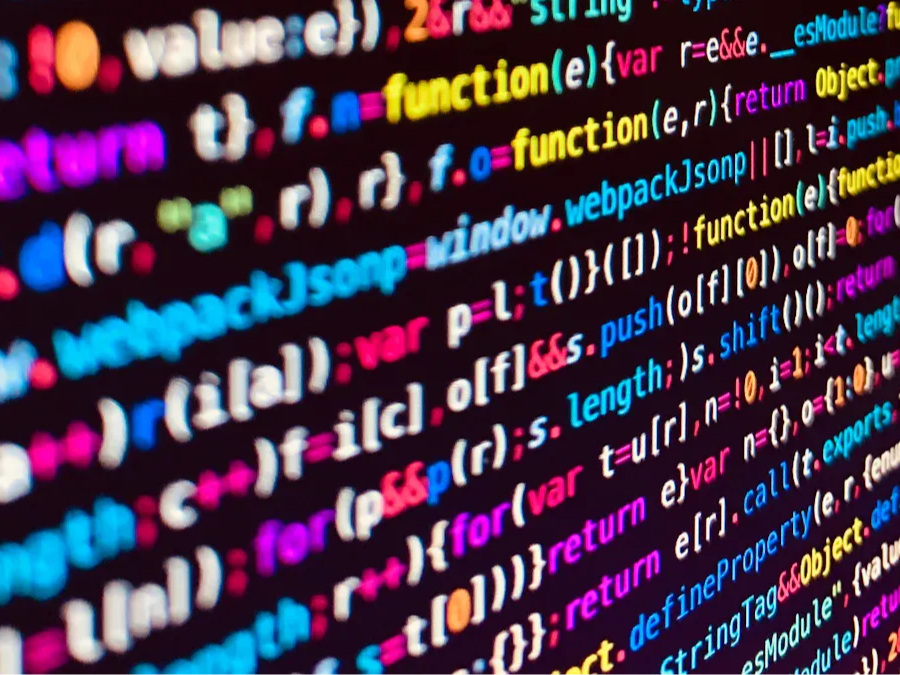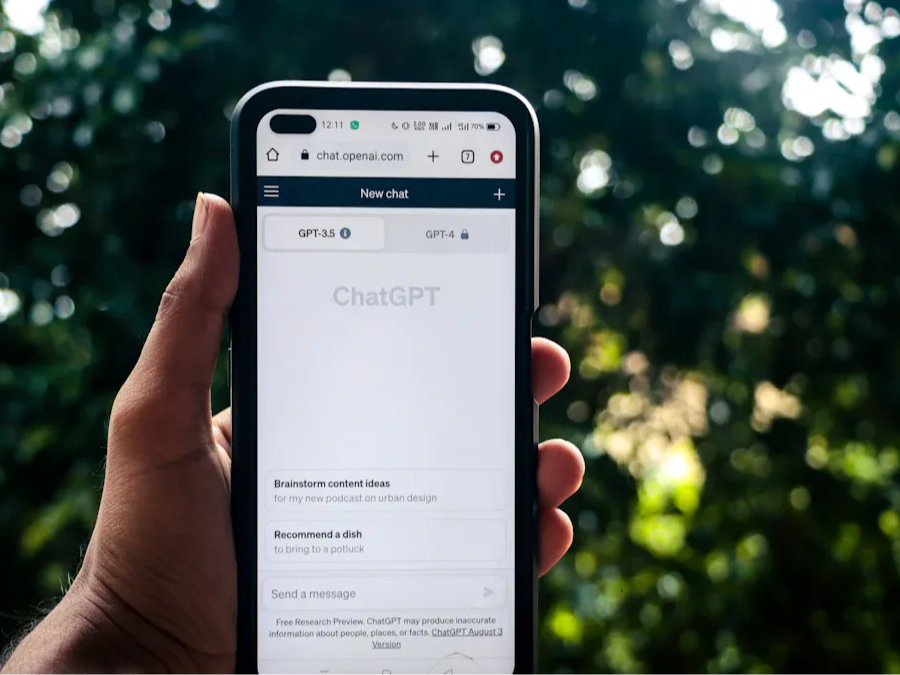Take Control of Your Health with Smarter, Personalized Tools
If you’ve ever worn a fitness tracker or used a symptom checker app, you’ve already experienced a glimpse of AI in healthcare. This isn't about replacing your doctor—it’s about giving you better tools to stay informed, catch problems early, and get care that actually fits your life.
Let me tell you a story. I used to wear my Apple Watch mostly to count steps. But one day, it sent me a notification: my heart rate was unusually high, even though I was sitting still. I felt fine. But I went to the doctor just in case. Turns out, I was in the early stages of an arrhythmia. We caught it early, started treatment, and I avoided something serious. That moment changed how I think about my health.
It wasn’t just my experience either. According to the Apple Heart Study by Stanford Medicine, over 400,000 participants helped show how the Apple Watch could detect irregular heart rhythms that might point to atrial fibrillation. For many, this led to earlier doctor visits and potentially life-saving treatment. That’s AI—already working quietly in the background, saving lives one notification at a time.

What Can AI in Healthcare Actually Do for You?
Early Detection That Works While You Sleep
Preventive care is about catching problems before they become emergencies. With AI, we’re moving from reactive medicine to proactive health monitoring. Your smartwatch isn’t just counting steps—it’s spotting patterns. Heart rhythms. Blood oxygen. Sleep changes. These tiny signals, when analyzed by AI, can catch health problems way before you feel them.
Risk Assessment That Feels Personal
Have you ever wondered how your family history, habits, and daily routines affect your future health? AI tools are now combining that information to create a full health profile. It's like having a health coach that knows your history better than you do. I tried one of these platforms last year. It combined my family history, diet, sleep habits, and even my fitness data from my watch. Then it told me I was at moderate risk for high blood pressure. I felt healthy, but I brought it up at my next check-up. My doctor confirmed the risk was real, and I started making small changes. More walks. Less salt. Regular check-ins. So far, I’ve kept things in check.
And I’m not alone. Platforms like the Mayo Clinic’s AI-driven assessments are helping people understand their genetic risks before symptoms appear. Here’s an overview of how genetic risk scores are being improved by AI, and how they’re helping personalize preventive care.
How AI Is Revolutionizing Public Health and Medical Research
Accelerating Breakthroughs in Research
When COVID-19 hit, researchers used AI to identify potential vaccine targets in days instead of months. That speed was unheard of before. Drug companies now use AI to sort through chemical libraries—millions of possible compounds—and find the few most promising ones. What used to take years now takes days.
One example comes from a study published in Nature, where researchers explained how AI helped identify molecules for diseases that had no treatments. A close friend in biotech told me her team used one of these tools to narrow a list of 10,000 compounds to just 50 in one night. That’s not just helpful—it’s life-saving.
Stopping Outbreaks Before They Spread
There’s an AI system called BlueDot that actually spotted COVID-19 before it became global news. It did this by scanning airline data, international news stories, and reports from health organizations. It noticed a pattern in Wuhan, China, and raised red flags before most countries even knew what was coming.
Since then, governments have started using similar AI systems to predict and prevent outbreaks. In India, AI systems analyze satellite images and weather data to predict mosquito-borne diseases. It’s not perfect—but it gives local health teams a head start before a crisis hits.
How AI Tools Help Doctors Help You
Care That’s More Human Because It’s Smarter
AI doesn’t replace your doctor. It just gives them superpowers. Imagine a tool that reviews thousands of test results, studies, and patient histories in seconds—and then points your doctor to the most likely cause.
When my cousin was diagnosed with cancer, her oncologist used an AI-powered tool to match her with a treatment based on her tumor’s genetics. That wouldn’t have happened 10 years ago. Now, it’s becoming standard. Tools like IBM Watson for Oncology analyze global medical data, treatment guidelines, and patient histories to recommend personalized cancer treatments. In many cases, they help doctors find options that weren’t even on their radar.
What Doctors Are Saying
I’ve talked to a few healthcare workers. One told me, "AI cuts my paperwork time in half. I spend more time with patients, less time behind a screen." Another said, "It’s like having an assistant that never sleeps." That’s the power of tools that actually work.
We Need to Talk About the Limits
Yes, Privacy Still Matters
AI needs data to work. That includes your health history, your vitals, even your location. Understandably, that makes people nervous. I paused before sharing mine too. Who has access? What are they doing with it? We need clear rules. And we need tech companies to respect them.
Bias in the System
AI is only as good as the data it learns from. If that data leaves people out, the AI won’t work fairly. Error rates of AI diagnostic tools across different demographics showed an AI tool underestimated risk for Black patients compared to white patients with the same symptoms. That’s a huge problem. We need more diverse data, and people willing to fix these issues.
Don’t Rely on AI Alone
There was a case where an AI tool recommended the wrong medication dosage. Thankfully, the doctor caught it. AI can assist. But it can’t decide everything. We still need skilled, thoughtful humans in the loop.
What’s Next for AI and Healthcare?
Wearables Will Get Smarter
I can already check my blood oxygen and heart rate from my watch. Soon, these devices might detect early signs of depression or Alzheimer’s by analyzing speech patterns or changes in walking. Imagine catching something like Parkinson’s five years earlier.
This isn’t just speculation. Researchers at MIT have been testing wearable systems that listen to how you speak and measure your walking pace to detect early signs of cognitive decline. These tools don’t just measure—they learn from how your body changes over time. That means more accurate early warnings, and more peace of mind.
AI That Predicts Community Health Trends
Some cities are already using AI to track asthma triggers and air quality to warn kids with breathing issues. In the future, schools might know when to shut down or shift indoors based on AI predictions.
Truly Personalized Medicine
Imagine going to the doctor and getting medicine made just for your body—not something designed for the "average person." That’s where we’re headed. AI can help design new drugs based on your genetic makeup. This could totally change how we treat cancer, rare diseases, and even chronic pain.
The FDA has already begun reviewing AI-designed drugs and treatments. Some have entered early clinical trials. These medicines are created using machine learning models that predict how your body will respond, allowing for higher success rates and fewer side effects. It’s still early, but the direction is clear: precision medicine powered by data.
FAQs
Q: What is the biggest concern with AI?
The biggest concern is privacy. AI systems rely on sensitive health data to make decisions. People worry about how that data is stored, who can see it, and whether it might be misused.
Q: How to use AI in medical practice?
Doctors use AI to help diagnose patients, suggest treatments, review scans, and even organize records. It’s like having a fast-thinking assistant who never gets tired.
Q: Why won’t doctors be replaced by AI?
Because medicine is more than facts—it’s also about empathy, judgment, and understanding people. AI can help with data, but only humans can truly care.
Q: What percentage of healthcare uses AI?
About 30-40% of hospitals and health systems now use some form of AI. That number is growing fast, especially in areas like radiology, scheduling, and patient monitoring.
Q: How is AI used in surgery?
In surgery, AI can guide robotic tools, predict complications, and help surgeons make more precise movements. It makes surgeries safer and recovery faster.
Final Thought
AI in healthcare isn’t coming—it’s already here. It’s in your pocket. On your wrist. In your doctor’s office. It’s helping us live longer, healthier lives. But like any powerful tool, it needs to be used with care. Ask questions. Stay informed. And don’t wait until something goes wrong. Your health deserves more than guesswork.
You deserve to feel seen, heard, and helped. That’s what AI, done right, can offer.








